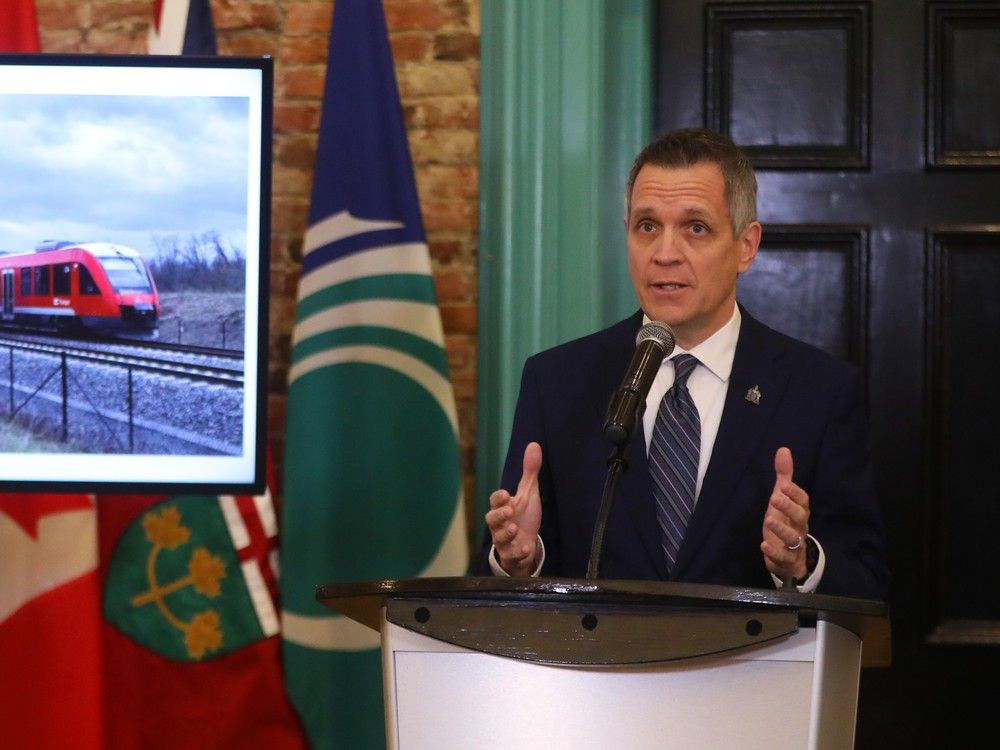
Article content
It’s been four months since Mayor Mark Sutcliffe began preparing residents for a difficult 2025 budget.
Article content
“It is not an exaggeration to say Ottawa is facing a financial crisis,” Sutcliffe told reporters in a special briefing in August, when many residents were lounging by a lake on summer holidays. “And I want to be clear that it’s a crisis that is not of our own making.”
Article content
That crisis comes to a head Dec. 11 as city council debates and votes on Ottawa’s nearly $5-billion budget.
On that hot August day when Sutcliffe launched his “Fairness for Ottawa” campaign, saying the federal and provincial governments weren’t paying their fair share of the city’s costs and warning warning that the soaring cost of transit alone could mean a seven per cent hike in property taxes.
That worse case scenario, of course, didn’t come to pass. In September, council backed Sutcliffe’s plan to hold the tax increase to 2.9 per cent, excluding the cost of transit. Add in OC Transpo and its projected $120-million operating deficit, and the tax increase will be to 3.9 per cent.
It’s OC Transpo’s plan to put much of that burden on transit users, with a five-per-cent fare increase and steep $120-per-cent increase in the cost of a senior’s transit pass.
Reeling back those increases will be a contentious debate around the council table. More than three dozen speakers gave members of the transit commission an earful about those moves. Hearing those complaints, the transit commission pushed back against the draft budget, proposing reducing the seniors’ fare increase from $108 to $78.50 and reinstating free rides for seniors on Wednesdays.
In his opening remarks Wednesday, Sutcliffe said that the debate was missing the point of his Fairness for Ottawa campaign.
“As everybody knows, the toughest part of the 2025 budget is transit,” Sutcliffe said. “And I have to admit there’s one part of this process that’s left me a little bit frustrated.
“We should be talking about how much other levels of government should be contributing to public transit. The federal and provincial governments are still not paying their fair share,” he said.
More to come…
Share this article in your social network